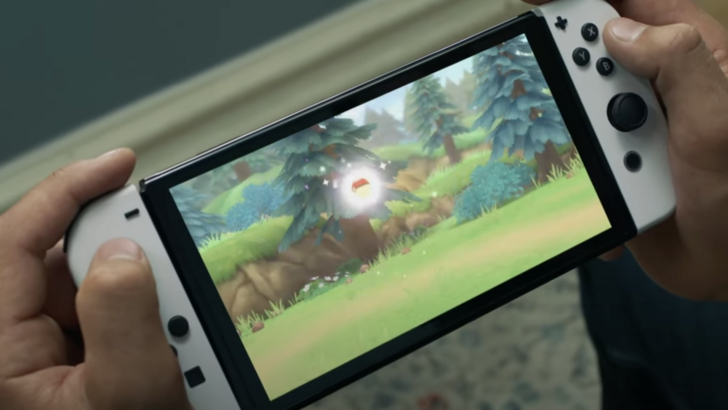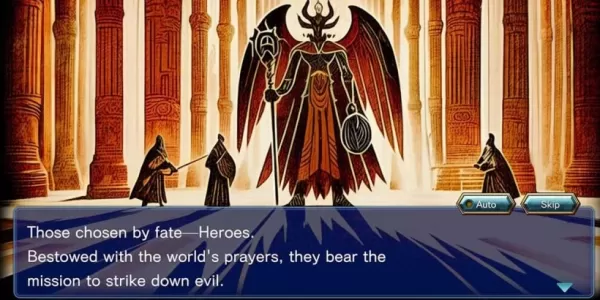Ubisoft Sued Over The Crew: Buyers Don't Own Games
Ubisoft has clarified that purchasing a game does not grant players "unfettered ownership rights," but rather a "limited license to access the game." This statement comes as the company seeks to dismiss a lawsuit filed by two disgruntled players of The Crew, who took legal action against Ubisoft for terminating the servers of the original racing game in 2023.
As of the end of March 2024, The Crew is no longer playable in any form—whether it's a physical or digital copy, and even if it was previously owned. Ubisoft made efforts to develop offline versions of The Crew 2 and The Crew: Motorfest to allow continued play, but took no such action for the original game.
Late last year, two gamers filed a lawsuit against Ubisoft, asserting that they believed they were "purchasing ownership and possession of the video game The Crew," rather than just a "limited license to use The Crew."
The lawsuit used an analogy of buying a pinball machine, only to find all its components removed years later, to illustrate their point. According to Polygon, the plaintiffs accused Ubisoft of violating several California laws, including False Advertising Law, Unfair Competition Law, and the Consumer Legal Remedies Act, along with claims of common law fraud and breach of warranty. They also argued that Ubisoft contravened California's state law regarding gift cards, which are prohibited from expiring.
The plaintiffs further presented images showing the activation code for The Crew with an expiration date in 2099, suggesting that the game would remain playable "during this time and long thereafter."
However, Ubisoft's legal team countered, stating that "Plaintiffs allege that they purchased physical copies of The Crew under the belief that they were obtaining unfettered access to the game in perpetuity." They argue that consumers were informed at the time of purchase that they were buying a license, not the game itself. The response highlighted that the packaging on Xbox and PlayStation clearly stated, in all capital letters, that Ubisoft may cancel access to specific online features after a 30-day notice.
Ubisoft has filed a motion to dismiss the case, but if unsuccessful, the plaintiffs are prepared for a jury trial.
In response to such issues, digital marketplaces like Steam now provide an explicit warning to customers that they are purchasing a license, not owning the game outright. This change followed a California law signed by Governor Gavin Newsom, requiring digital marketplaces to inform customers about the nature of their purchase. While this law does not stop companies from removing access to content, it mandates transparency about the licensing terms before purchase.
-
1
![Roblox Forsaken Characters Tier List [UPDATED] (2025)](https://imgs.ksjha.com/uploads/18/17380116246797f3e8a8a39.jpg)
Roblox Forsaken Characters Tier List [UPDATED] (2025)
Mar 17,2025
-
2
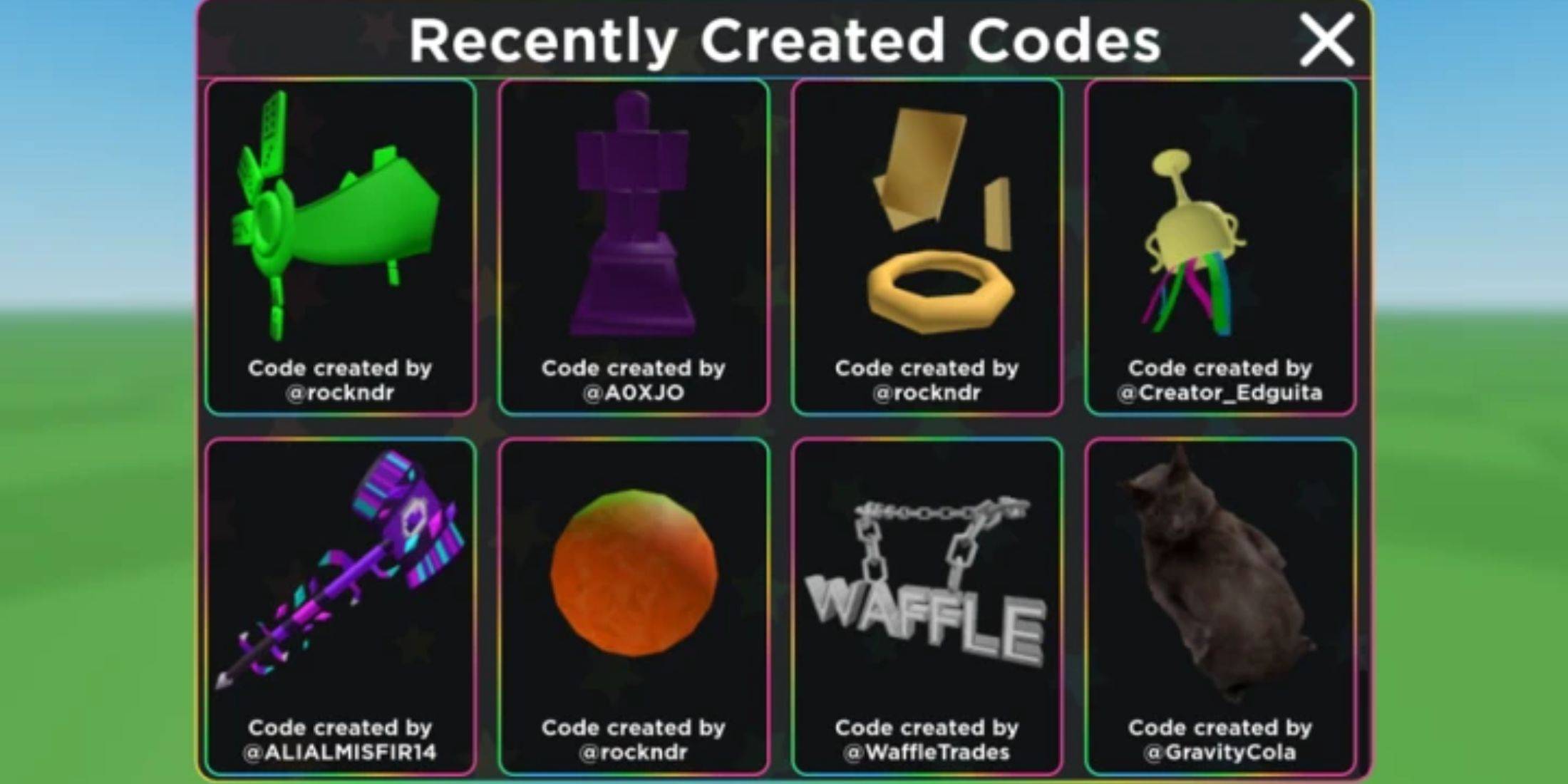
Roblox UGC Limited Codes Unveiled for January 2025
Jan 06,2025
-
3
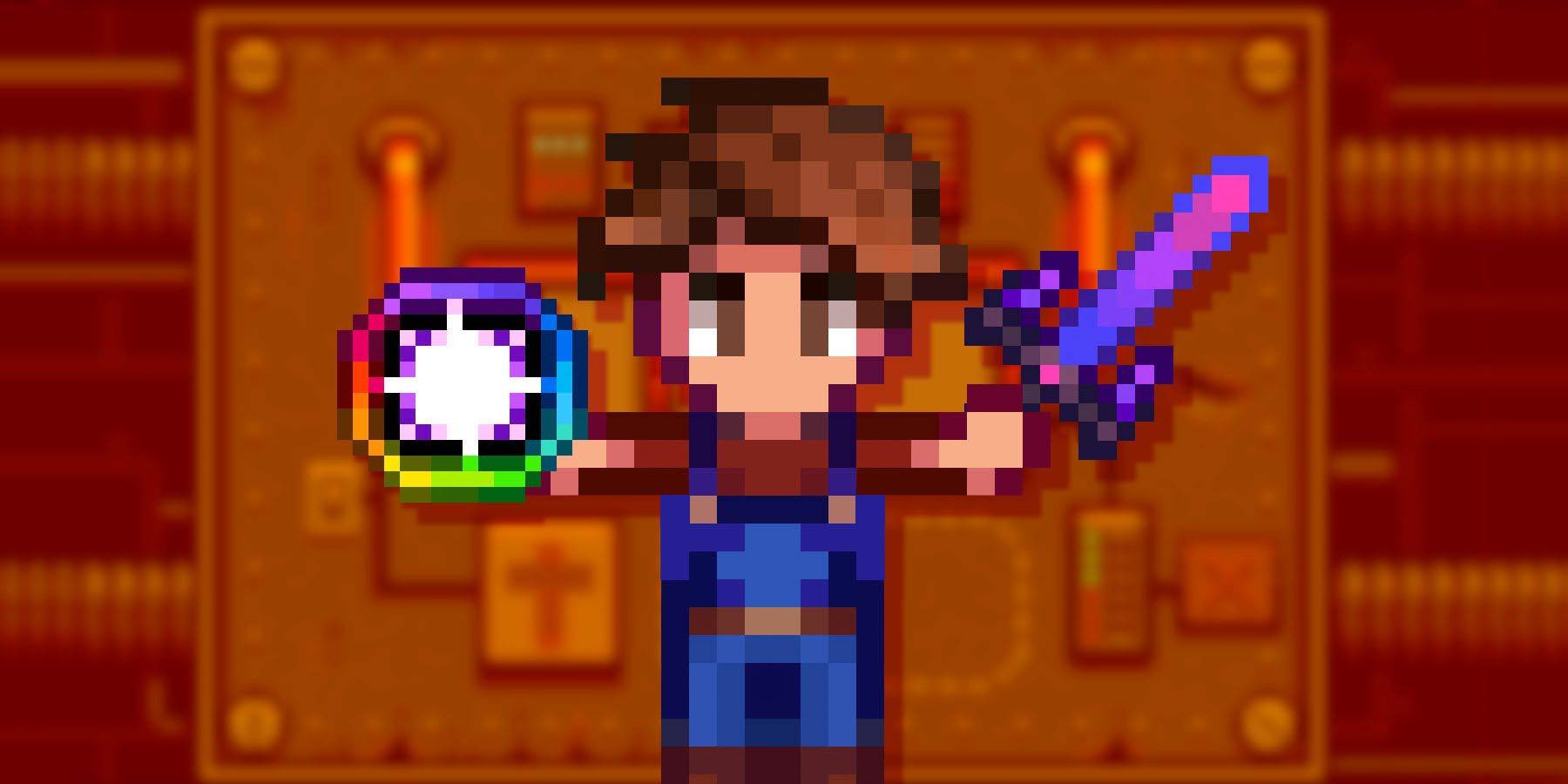
Stardew Valley: A Complete Guide To Enchantments & Weapon Forging
Jan 07,2025
-
4
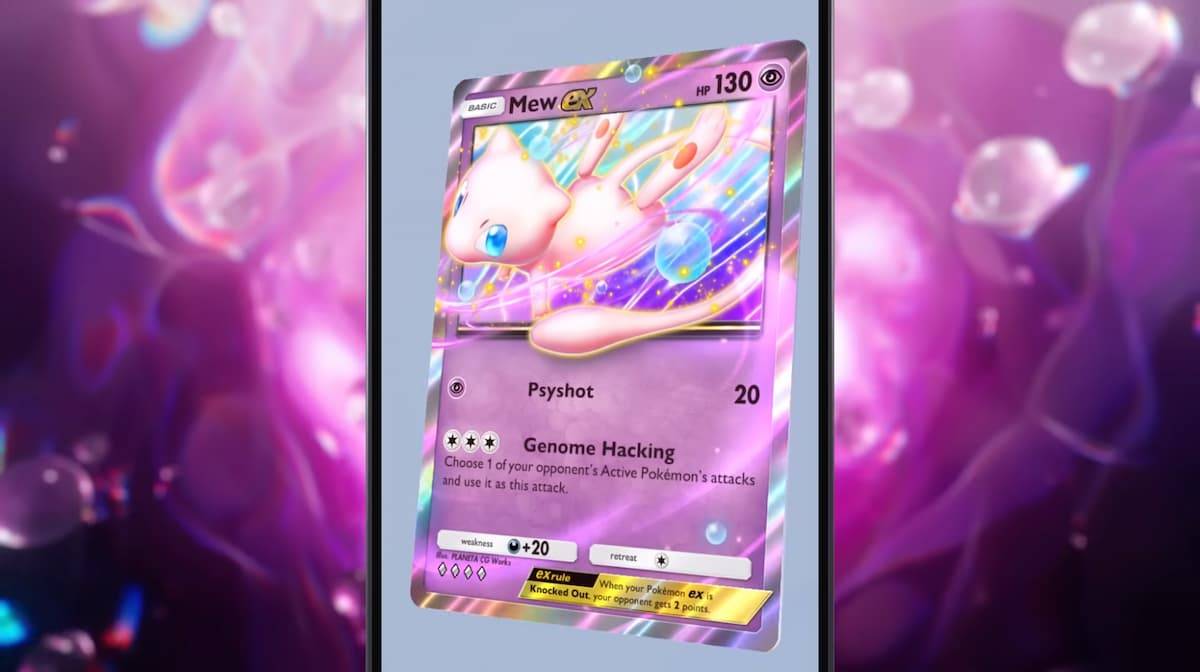
Pokémon TCG Pocket: Troubleshooting Error 102 Resolved
Jan 08,2025
-
5
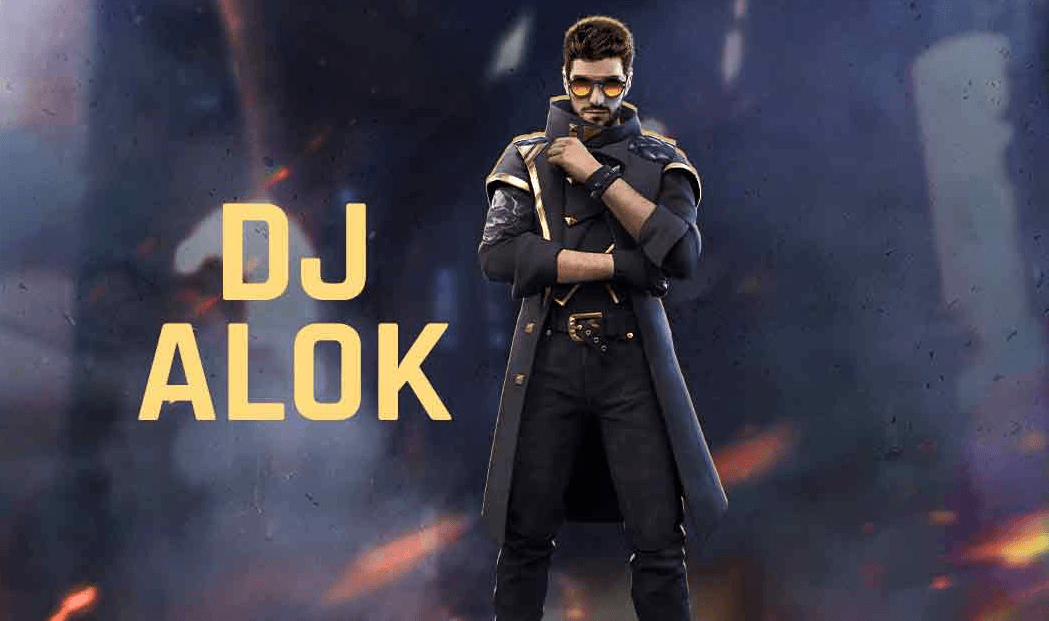
Free Fire Characters 2025: Ultimate Guide
Feb 20,2025
-
6
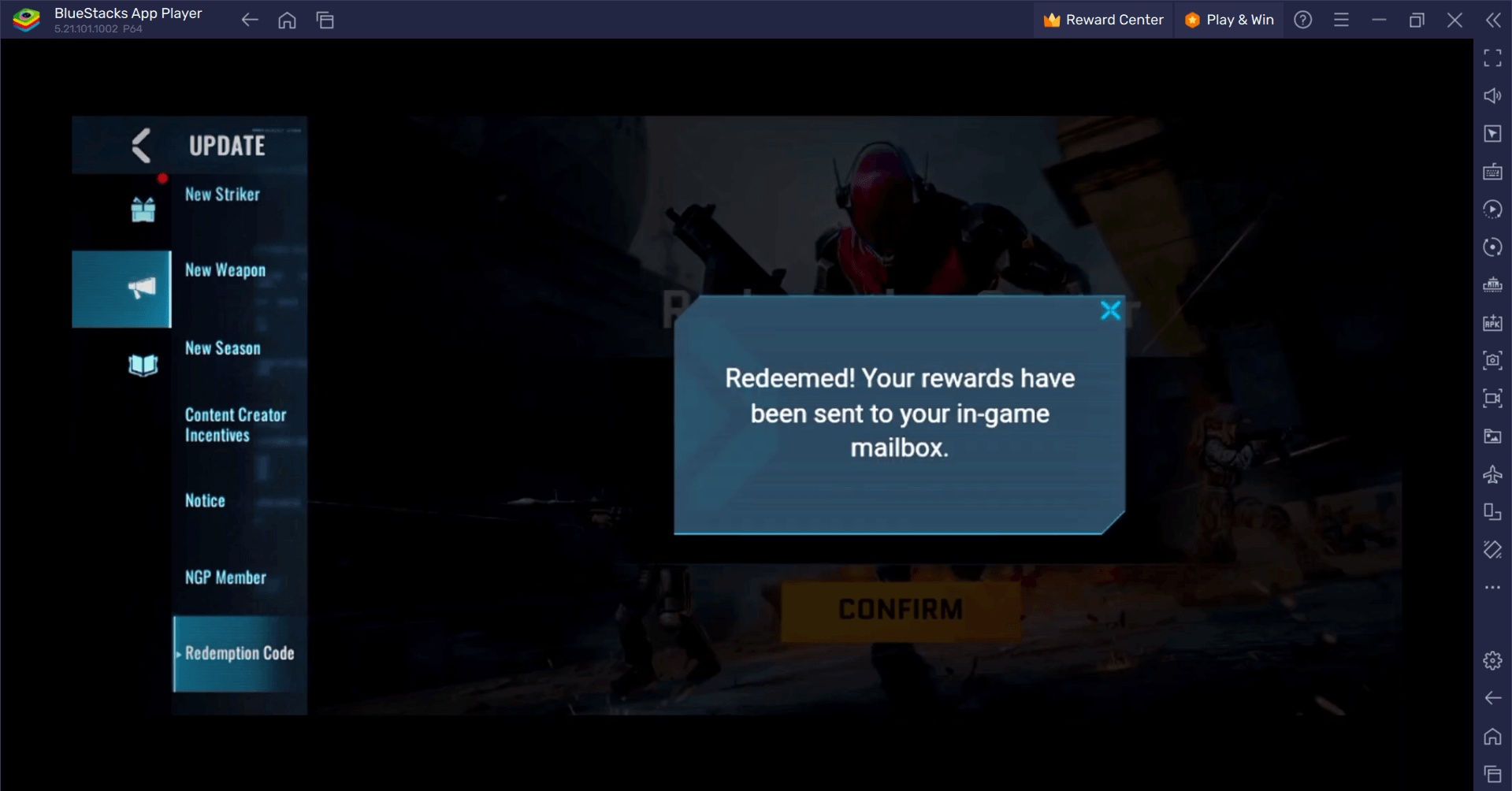
Blood Strike - All Working Redeem Codes January 2025
Jan 08,2025
-
7
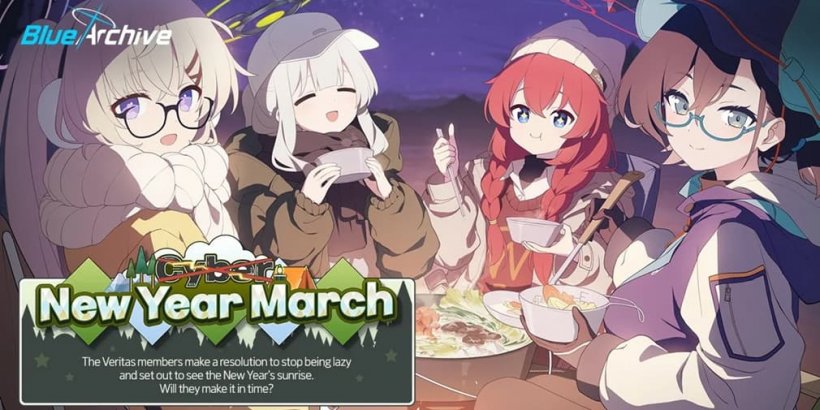
Blue Archive Unveils Cyber New Year March Event
Dec 19,2024
-
8
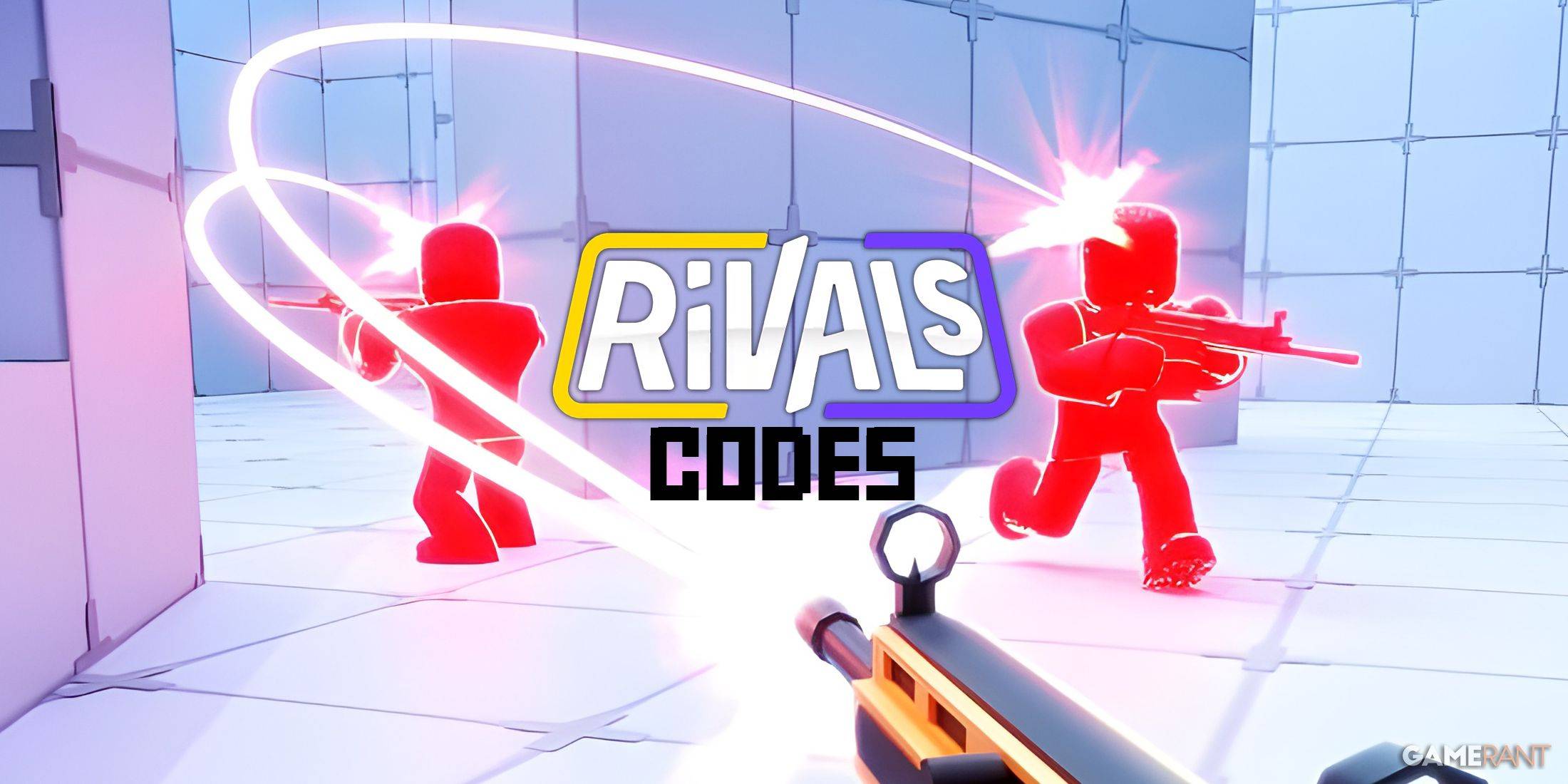
Roblox: RIVALS Codes (January 2025)
Jan 07,2025
-
9
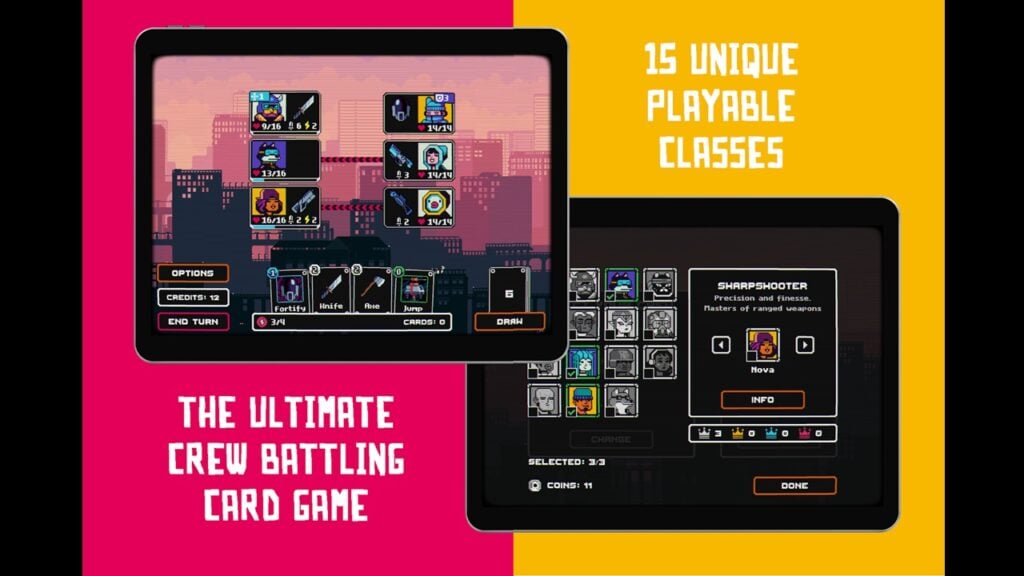
Cyber Quest: Engage in Captivating Card Battles on Android
Dec 19,2024
-
10
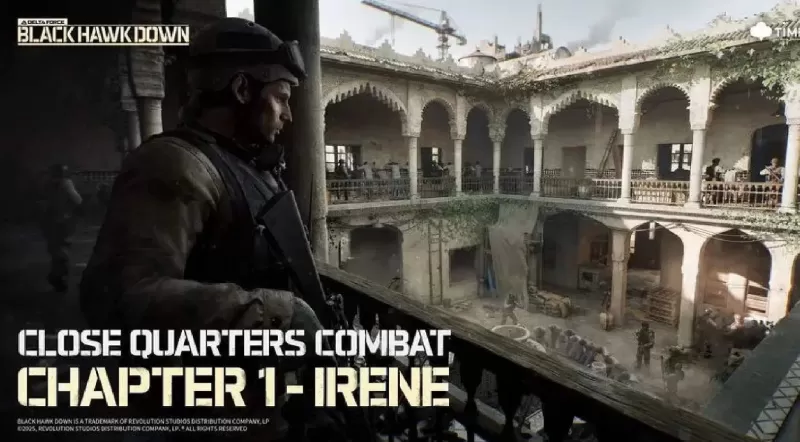
Delta Force: A Complete Guide to All Campaign Missions
Apr 09,2025
-
Download

A Simple Life with My Unobtrusive Sister
Casual / 392.30M
Update: Mar 27,2025
-
Download

Random fap scene
Casual / 20.10M
Update: Dec 26,2024
-
Download
![Corrupting the Universe [v3.0]](https://imgs.ksjha.com/uploads/66/1719514653667db61d741e9.jpg)
Corrupting the Universe [v3.0]
Casual / 486.00M
Update: Dec 17,2024
-
4
Ben 10 A day with Gwen
-
5
Oniga Town of the Dead
-
6
A Wife And Mother
-
7
Cute Reapers in my Room Android
-
8
Permit Deny
-
9
Utouto Suyasuya
-
10
Roblox

